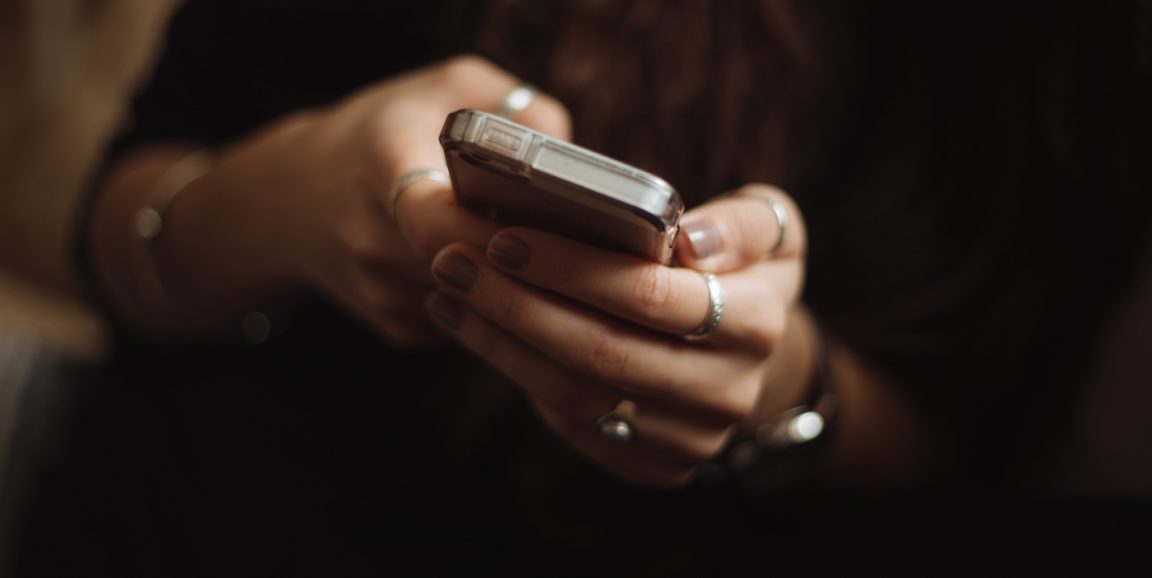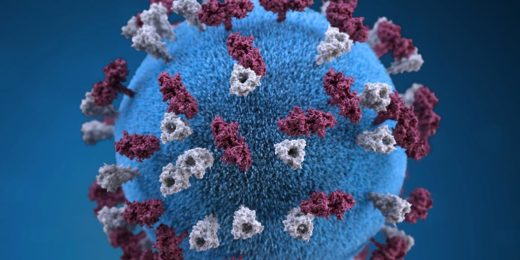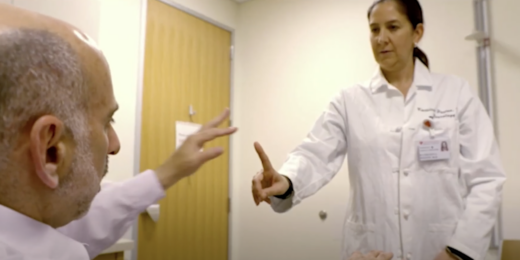Using a hand dryer, rinsing your nose with saline, taking antibiotics and gargling with mouthwash are all ineffective methods of preventing coronavirus infection, and yet a substantial number of participants in a Stanford survey circulated in late February and early March believed these precautions would work.
These particular myths may have since been discredited, but new ones have surfaced.
The survey's findings are still relevant, however, said survey author Pascal Geldsetzer, MD, PhD, an instructor of medicine. The goal, he said, was not only to test the public's current understanding of the coronavirus pandemic, but also to illustrate a useful method of gathering information quickly, which could be particularly beneficial for public health information campaigns.
"This was a cheap and quick way of getting at least a sense of what knowledge and perceptions the public has about the coronavirus," said Geldsetzer.
Other common misperceptions held by some in a sampling of 6,000 adults from the United States and the United Kingdom included: the belief that receiving a letter or a package from China poses a risk of COVID-19 infection, the belief that surgical masks are at least 95% effective in preventing you from getting the virus, and the belief that children are at a particularly high risk of death when infected with the virus. All untrue.
Geldsetzer conducted the 22-question online survey from Feb. 23 to March 3. The study appears in the Annals of Internal Medicine.
He said he was spurred to conduct the survey after reading common coronavirus misperceptions which are being discredited on the World Health Organization's Myth busters website.
"The results weren't all bad," Geldsetzer said. "The survey also showed that people generally had good knowledge of the symptoms of COVID-19 and generally understood the main mode of transmission."
Results showed that more than 90% of participants in both the U.S. and the U.K. thought that washing your hands, avoiding close contact with people who are sick, and avoiding touching your eyes, nose, and mouth with unwashed hands were effective in preventing a COVID-19 infection. All of this is accurate.
But results also showed a significant percentage of respondents held a variety of misconceptions.
Among them: 34% of participants thought wearing a common surgical mask was 'highly effective' in protecting them from the virus, and 28% thought it prudent to refrain from eating at Chinese restaurants. About 30% of U.S. participants and 41% of U.K. participants stated that if they were a driver on a ridesharing platform, they would at least sometimes refuse rides to passengers with East Asian-sounding names to reduce their risk. (These questions were asked before "shelter-in-place" orders began to appear in either country, closing many restaurants and restricting travel.)
Other results showed that 24% in the U.S. and 18% in the U.K. thought it was at least slightly likely that the coronavirus is a bioweapon developed by a government or terrorist organization.
The results from the survey could be useful in helping leaders shape public health information campaigns, the study said. In addition, conducting similar surveys on an ongoing basis could provide constant, up-to-date, evidence-based insights for what to highlight in such campaigns, as information about the crisis continues to develop.
Photo by Priscilla Du Preez






